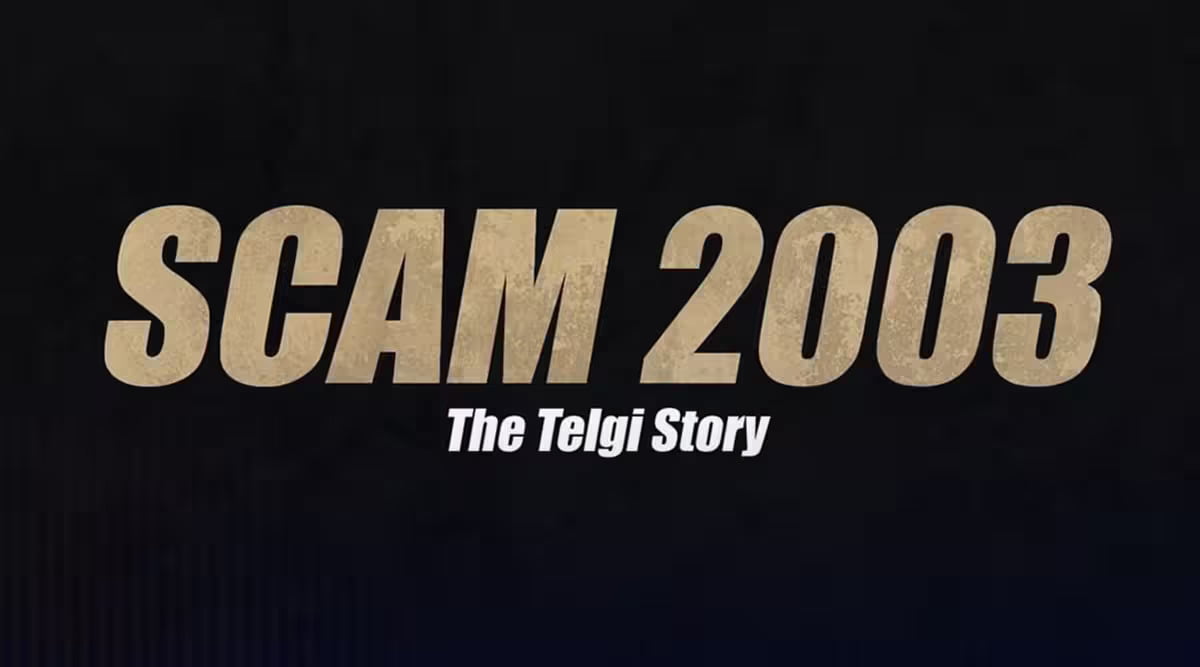

In 2003, India was rocked by one of the most notorious financial scandals in its history – the Stamp Paper Counterfeiting Scam committed by Abdul Karim Telgi. This biographical financial thriller, “Scam 2003: The Telgi Story,” is set to be released on SonyLIV, offering viewers a gripping account of the intricate web of deception woven by Telgi. In this article, we will delve into the full story of Scam 2003, shedding light on the modus operandi of the fraudster and how Indian police played a crucial role in solving this high-profile case.
Abdul Karim Telgi, the central figure of the Scam 2003, was a mastermind behind one of the most audacious counterfeiting operations India had ever seen. Telgi’s criminal enterprise involved the production and distribution of fake stamp papers, which are essential for a range of legal and financial transactions.
Telgi’s journey into counterfeiting began with a humble career as a small-time criminal. He initially operated small businesses, but his ambitions grew exponentially as he discovered the lucrative world of counterfeit stamp papers. Armed with a brilliant mind and an understanding of the system’s weaknesses, Telgi devised a plan to counterfeit stamp papers with near-perfect precision.
He set up an intricate network of accomplices, corrupt government officials, and printing presses to churn out fake stamp papers. These counterfeit papers were then sold to various entities, including banks, financial institutions, and businesses. The scale of the operation was enormous, leading to significant financial losses for the government and causing chaos in the legal and financial sectors.
As the counterfeit stamp papers flooded the market, suspicions arose, and the authorities launched an investigation into the scam. Indian police, along with intelligence agencies, began to piece together the extent of Telgi’s operation and the influential figures involved in facilitating the fraud.
The investigation revealed the depth of corruption within the system. Several government officials, including police personnel, were found to be colluding with Telgi to protect his illicit activities. The case soon turned into a nationwide pursuit, with authorities determined to bring Telgi and his associates to justice.
The Indian police played a pivotal role in unraveling the Scam in 2003. Despite facing significant obstacles, including threats to their lives and pressure from powerful individuals, the police relentlessly pursued Telgi and his accomplices. Their dedication and perseverance led to the eventual capture of Telgi, dealing a severe blow to the counterfeit operation.
The investigation and subsequent trial were complex and far-reaching, involving cooperation between various state and central agencies. The police’s ability to navigate through the web of corruption and unravel the intricate details of the scam was commendable.
The Scam 2003, also known as the Telgi Story, remains a dark chapter in India’s financial history. The audaciousness and scale of the counterfeit stamp paper operation exposed the vulnerabilities in the system and the extent of corruption that plagued various institutions.
“Scam 2003: The Telgi Story” promises to offer viewers an immersive and gripping account of the events that unfolded during the scandal. As the second installment in the Scam franchise, the series will shed light on the relentless pursuit of justice by Indian police and the collective effort to dismantle the counterfeiting empire.
The Stamp Paper Counterfeiting Scandal served as a wake-up call for the Indian financial system, prompting significant reforms and tighter controls to prevent such scams in the future. The series will serve as a stark reminder of the importance of maintaining integrity, transparency, and vigilance in the financial world to protect the interests of the public and uphold the nation’s trust.
Leave A Comment